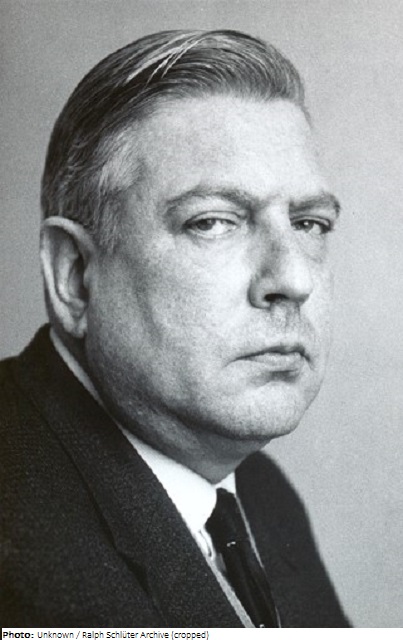Tauno Pylkkänen

Biographical information
| Roles | Competed in Olympic Games (non-medal events) |
|---|---|
| Sex | Male |
| Full name | Tauno•Pylkkänen |
| Used name | Tauno•Pylkkänen |
| Born | 22 March 1918 in Helsinki, Uusimaa (FIN) |
| Died | 13 March 1980 in Helsinki, Uusimaa (FIN) |
| NOC |  Finland Finland |
Biography
Tauno Pylkkänen was orphaned during the Finnish Civil War and grew up with foster parents. He studied composition at the Sibelius Academy and graduated in 1941, and earned a bachelor’s degree in philosophy at the University of Helsinki. For health reasons, he was not drafted during the Winter War and was able to give his first concert with his own compositions in 1942. In 1952 he was awarded the Pro Finlandia medal. From 1960-69 Pylkkänen was artistic director of the Finnish National Opera. Moreover, he was chairman of the Finnish Composers’ Association from 1959-70 and wrote music reviews.
Pylkkänen was best known as a composer of operas and was called the “Puccini of the North” because of his compositional style. His last opera, The Unknown Soldier, especially received enthusiastic reviews. He also composed instrumental and vocal music, ballets, and film music.
Pylkkänen was gay, which was not publicly known during his lifetime. In 1948 he was picked up in a raid and put on trial, because homosexuality was still punishable by law at that time in Finland. He was eventually acquitted, and the case did not get to the public. Pylkkänen later suffered from alcoholism, depression, and memory loss and had to give up composing at the age of 49. From 1971 he received a state artist’s pension and spent the last years of his life in an artists’ home in Helsinki. Marathon, his op. 37, was composed in 1947 as a 7-minute long overture for orchestra.
Results
| Games | Discipline (Sport) / Event | NOC / Team | Pos | Medal | As | |
|---|---|---|---|---|---|---|
| 1952 Summer Olympics | Art Competitions |  FIN FIN |
Tauno Pylkkänen | |||
| Music, Compositions For Orchestra, Open (Olympic (non-medal)) |